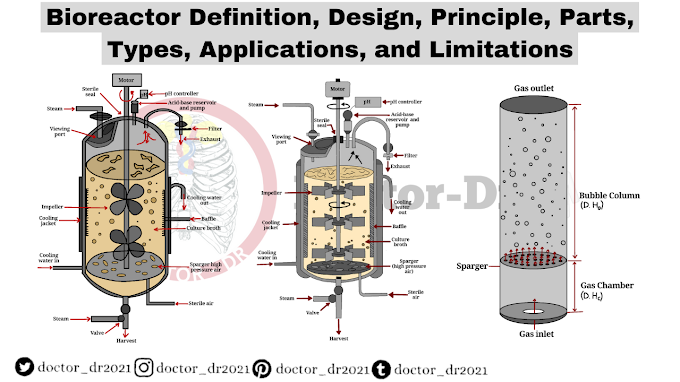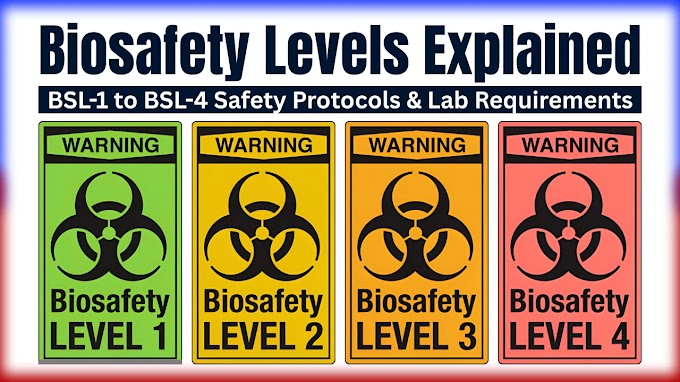Introduction
Cancer remains a significant global health challenge, necessitating novel treatment strategies. Among various approaches, metal-based compounds like gold complexes have emerged as promising alternatives to conventional chemotherapeutic agents like cisplatin. These complexes exhibit unique properties, including enhanced stability, solubility, and lower toxicity. This article focuses on the synthesis and characterization of four novel gold(I) complexes and their potential as anticancer agents.
Key Findings
Synthesis and Composition: Four mononuclear gold(I) complexes were synthesized using various organophosphine ligands:- PTA (1)
- PPh3 (2)
- PPh2(C6H4-3-SO3Na) (3)
- PPh2(2-py) (4)
These were prepared through scission reactions of a dinuclear gold compound or transmetalation reactions.
Superior Potency of Complex 1: Among the synthesized compounds, Complex 1, featuring a PTA ligand, demonstrated exceptional potency against various cancer cell lines. This included cervical (HeLa), prostate (PC-3), lung adenocarcinoma (A549), and fibrosarcoma (HT-1080) cells, with IC50 values ranging from 0.08 to 3.5 μM.Comparison with Cisplatin: Complex 1 showed significantly enhanced anticancer activity compared to cisplatin:
- 27-fold higher potency against cervical cancer cells.
- 3.5- to 7.5-fold improved activity against prostate and fibrosarcoma cancer cells.
Selective Cytotoxicity: Complex 1 was 3 times more selective for cervical cancer cells over non-cancerous HEK-293 cells, indicating its potential for targeted therapy.
Mechanism of Action: The efficacy of Complex 1 stems from:
- Inhibition of thioredoxin reductase, leading to the accumulation of reactive oxygen species (ROS).
- Induction of apoptosis and cell cycle arrest in cancer cells.
In Vivo Efficacy: In a mouse cervical cancer xenograft model, Complex 1 inhibited tumor growth by 82%, vastly outperforming cisplatin, which showed a 29% inhibition rate.
Conclusion
This study highlights the immense potential of gold(I) complexes, particularly Complex 1, as next-generation antitumor agents. Its superior efficacy, reduced toxicity, and targeted action present a compelling alternative to existing chemotherapeutics like cisplatin. These findings pave the way for further exploration of gold-based therapies in oncology.

.webp)






